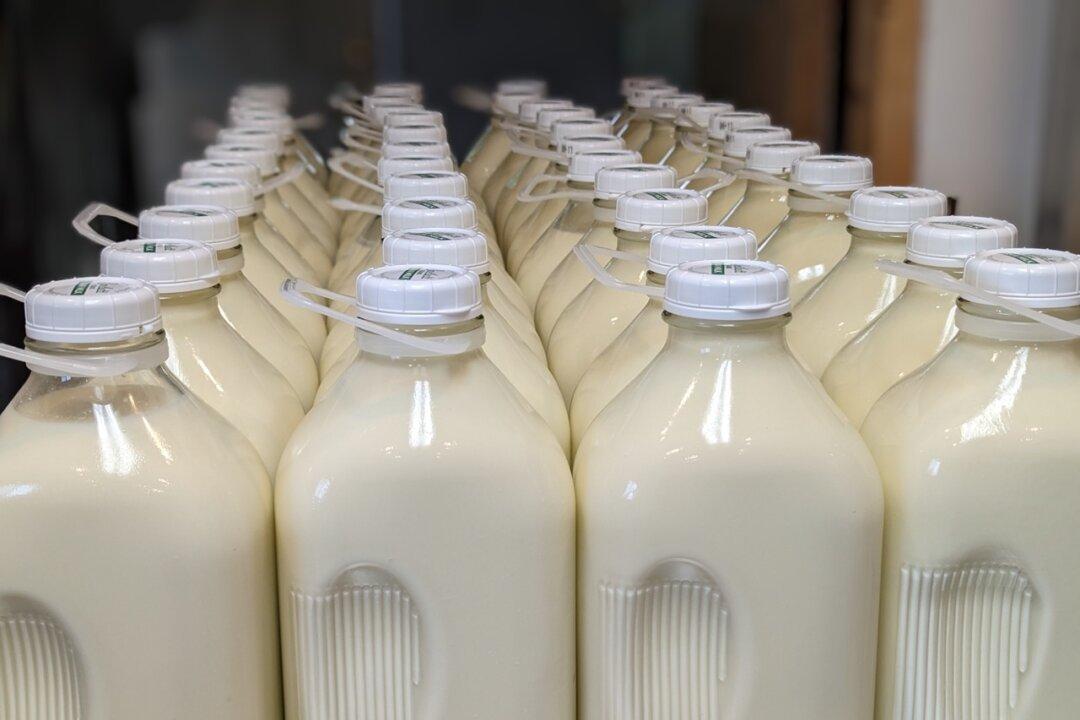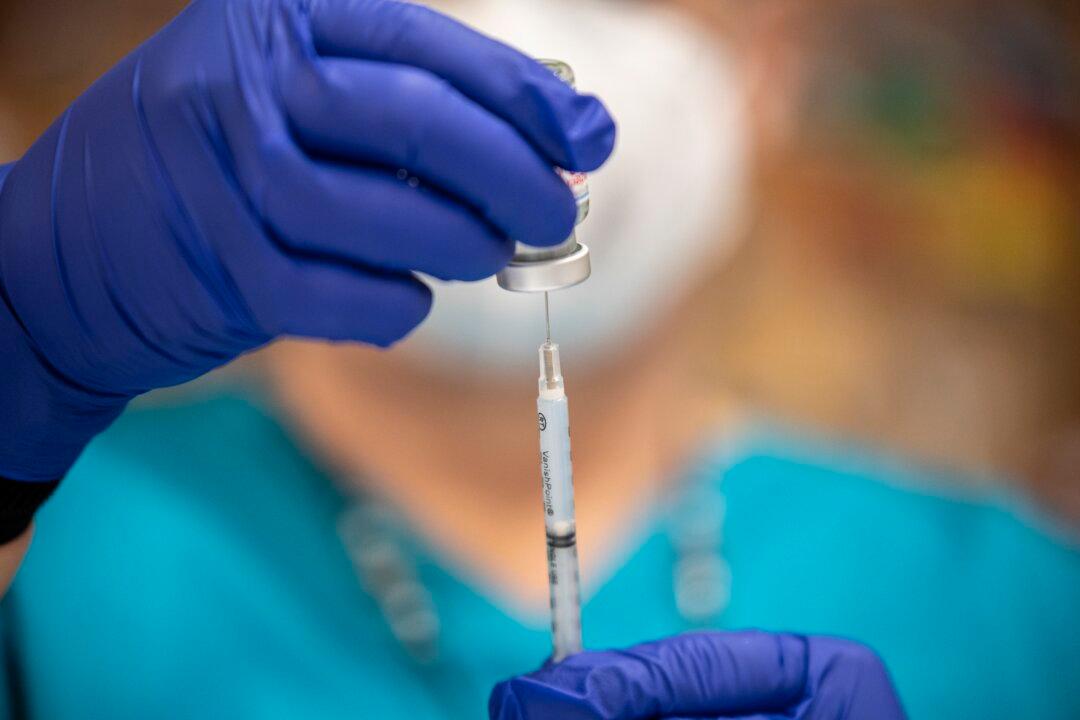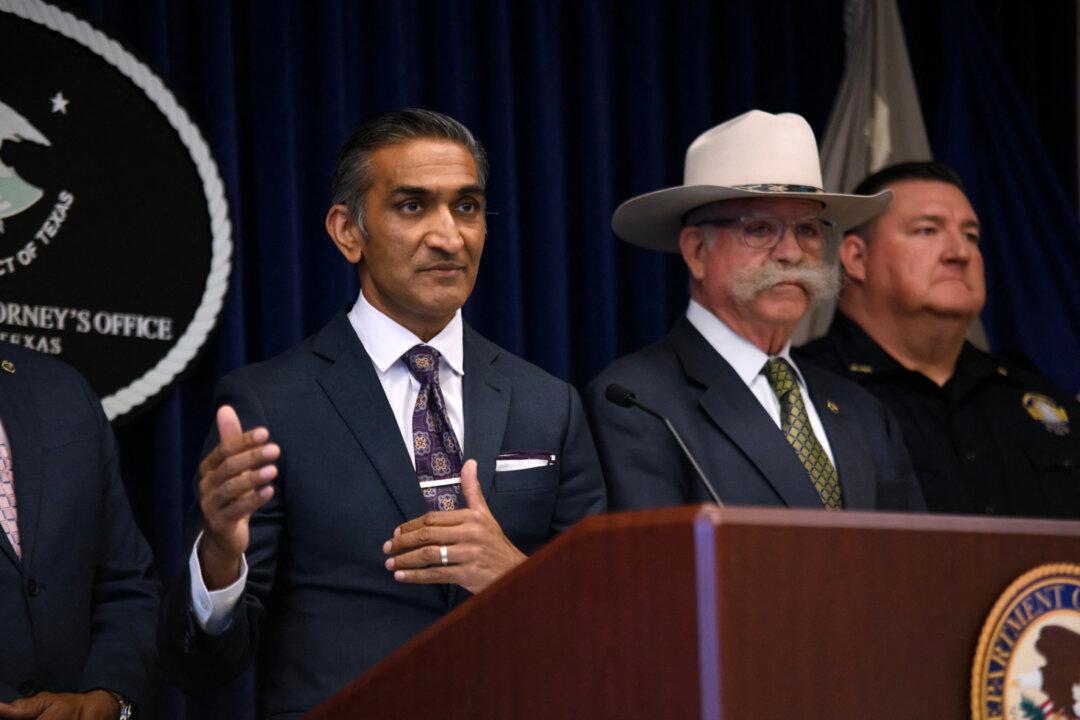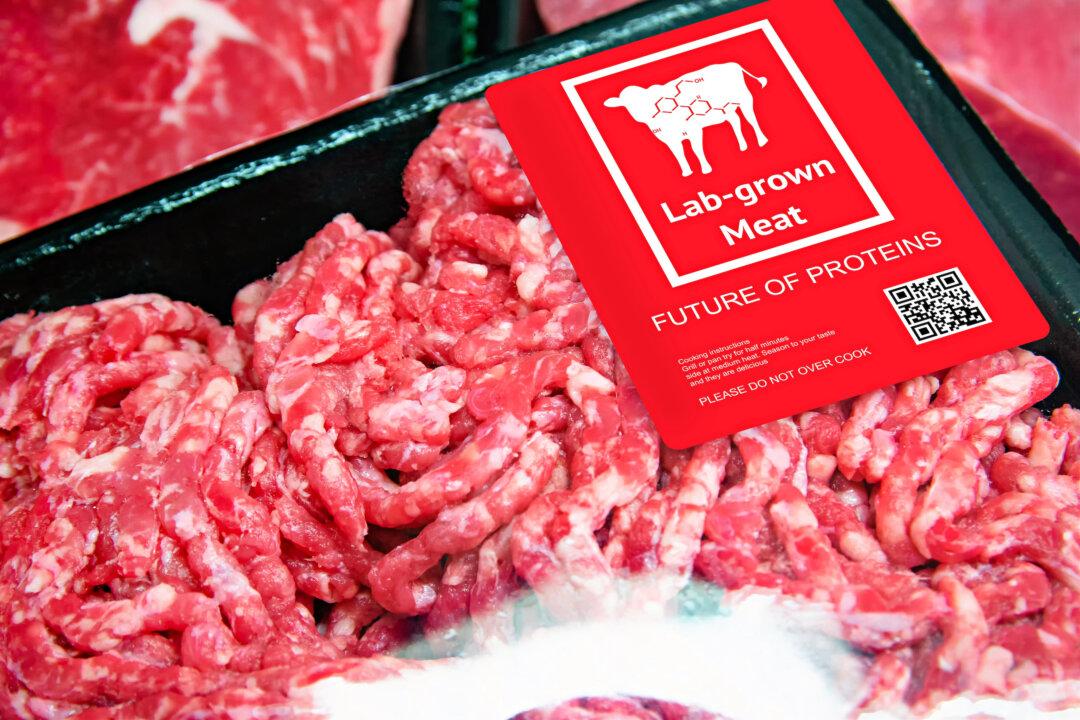The raid of a popular Amish farm on suspicion of selling “illegal milk,” among other products, has inspired widespread outrage over what critics call an egregious example of government overreach.
On Jan. 4, the Pennsylvania State Police, along with officials from the Department of Agriculture, served the Miller’s Organic Farm in Lancaster a warrant after claiming the public had been exposed to a dangerous foodborne pathogen.






